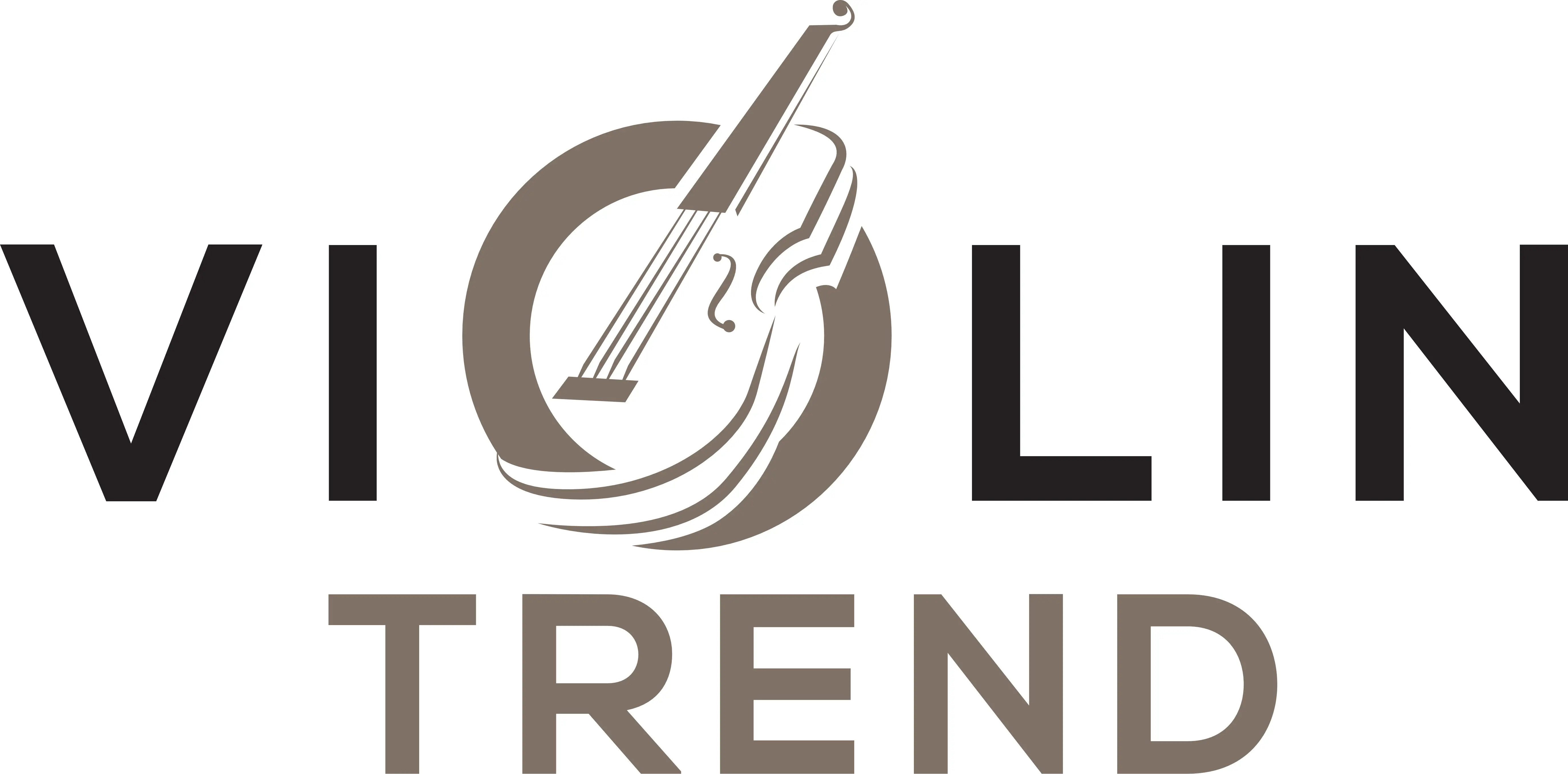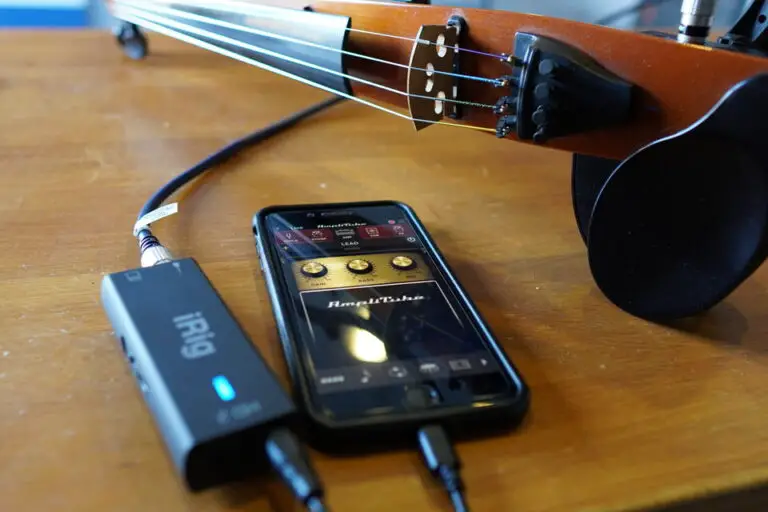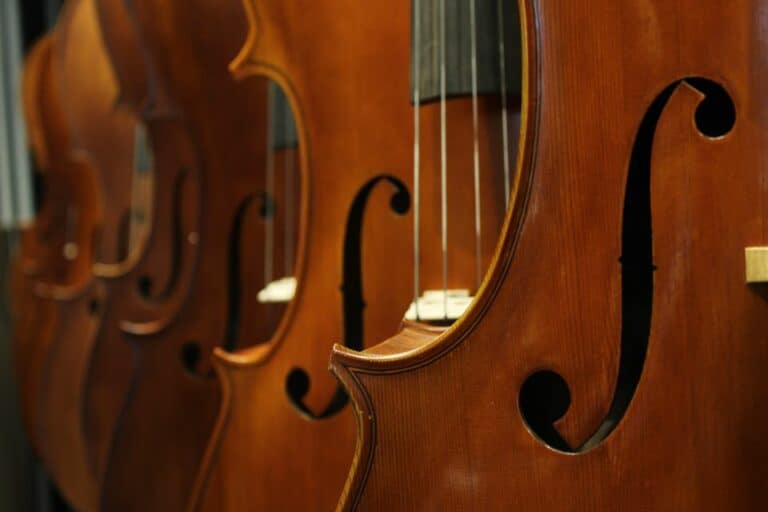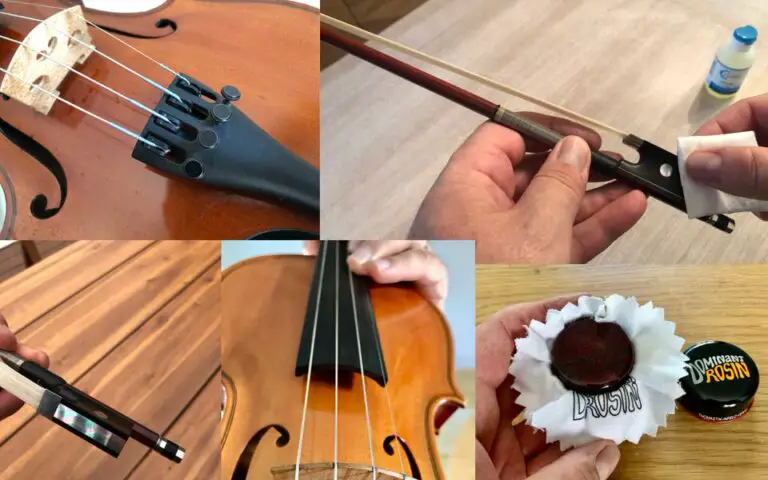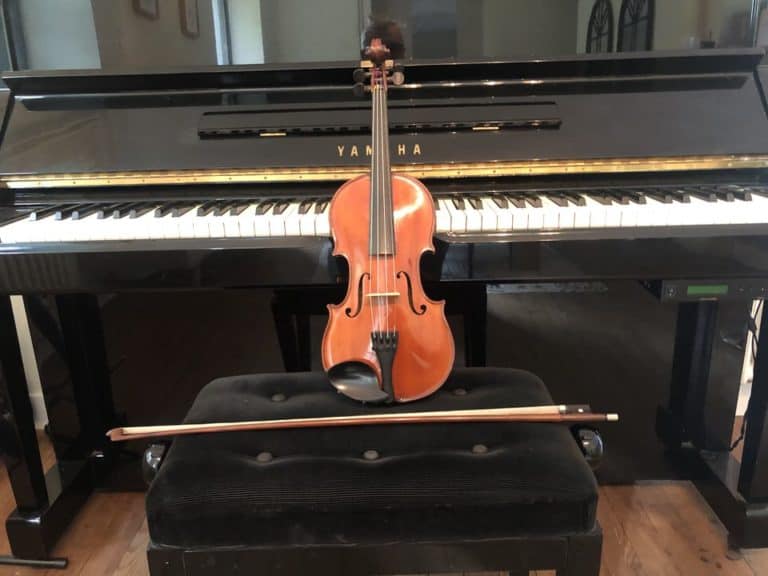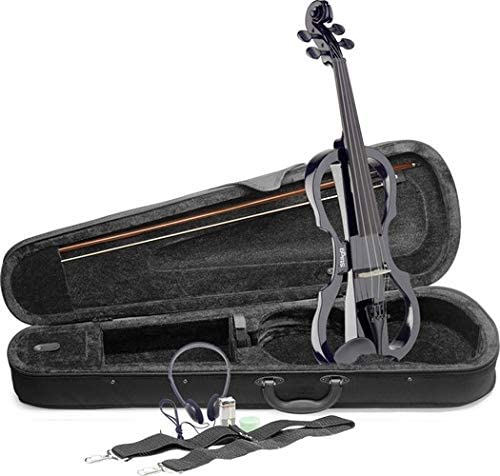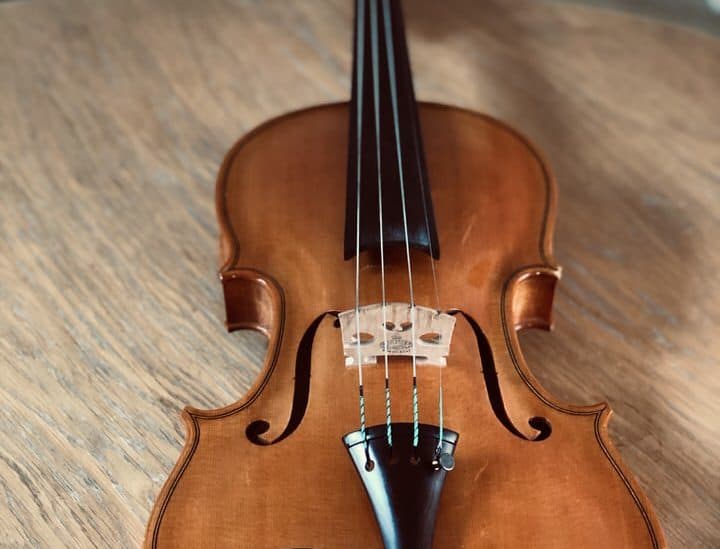How Long Should I Practice my Violin Every Day? 4 options!
Every musician asks this question. I did ask it myself for a long time. It is human: we all want to learn as fast as possible. We do not wish to any roadblocks between us now and the future ability to play as well and freely as we can imagine. But the more we practice, the better, right? Well, not so fast.
For a beginner, 30 minutes every day are enough. A student in music should practice for around 90 to 120 minutes. For exams or concerts, 3 to 5 hours should be a maximum for a limited time. The key factor is keeping your concentration and mind focused without draining your body.
This is a little, many people say. Well, it is commonly and wrongly admitted that the more you practice, the better you get in the fastest way. But there is much more to it, and many other parameters are more important than time. Don’t take the risk of burning out. Read on.
How many hours should I practice my violin every day?
20 minutes or less can be enough for violinists under 7
Twenty minutes of violin practice isn’t enough. But when considering the age, it can be plenty for children between 3 and 5, when concentration doesn’t last long. At 3, playing for 10 minutes (maybe twice a day) is the way to go. At 5, 20 minutes can be good (although twice 20 minutes is even better).
Why 30 minutes a day are enough for beginner violinists
Beginners don’t have enough material to practice longer than that. Usually, they have got a couple of exercises plus a little tune to learn. You can’t play the same line for 3 hours: you could become mad! Beginners also risk stiff arms quicker than anybody else. They risk injury and discouragement more than anything else.
If anything, a beginner should practice twice, 20 minutes more than 30 at a time.
What should you expect if you practice the violin 30 minutes a day? If you practice for half an hour a day, you can make some progress if you are a complete beginner. If you already know how to play, that will be barely enough to maintain your standard; you won’t get any better.
Playing 90 to 120 minutes a day is ideal for violin students
This duration is divided into several moments:
- First, a couple of minutes to wake your body, and your sense; to get your blood flowing in your fingers and arms. Some easy exercises offer great help in that matter.
- Then, for the violin, practicing scales and double stops for the left hand and then the bow arm for sound should last around 30 minutes. We are already 35 minutes in.
- Lastly, you should practice a new piece, slowly, bar after bar, for 30 minutes. Don’t forget to practice musically even at this stage.
You must have a piece that you technically know, all right. There is time to be better musically: prepare all the details, bow lengths, dynamics, tempo, and phrasing. This is why you want to play, and this part of your routine, together with the following one, is what drives you. But keep calm; don’t just play a concert to yourself and analyze your playing for technical glitches and parts to ameliorate. 30 minutes.
You still have to play some of your already known repertoires to keep it “at your fingertips,” which can be done for around 30 minutes. This also shouldn’t be a concern to oneself. Even though playing a tune from start to finish on tempo is a good habit sometimes to prepare for a concert.
What should you expect if you practice the violin for 90 to 120 minutes daily? You will get significant progress, for sure, provided you practice well. If you are starting, it is better to divide that duration into two or three parts to avoid becoming tired, tense, or bored. As a music student or professional musician, you will take advantage of that big chunk of work to make steady progress.
When to practice the violin for 3 to 5 hours or even more?
Now, that’s a lot of work. More than 3 hours can be achieved when preparing for exams, competitions, or special concerts. For that chunk of time, you emphasize the technical aspects of the instrument, but you also need to learn and memorize essential pieces of the repertoire. You make one with your instrument; you play so much with your ensemble that you feel what they play. This is uplifting and rewarding.
The danger is you can drain your mind or exhaust your body. You risk burning out or hurting yourself and developing muscular or skeletal pains. But you also risk over-practicing, that is to say, practicing incorrectly. You risk acquiring bad habits. You can only work as much under the guidance of a teacher that you trust.
What should you expect if you practice the violin for more than 3 hours a day? You will get extraordinary results because you will make one with your instrument and feel the music deep inside. But make sure you don’t over-practice and work under the guidance of a teacher.
How to determine the best practice duration for violin playing
My teacher, my master, should I say, is of Russian origin. In the Russian school of violin playing, mind and psychology play a great role. These great masters have studied science and psychology and have applied their principles to violin teaching. Not only Vengerov but also many virtuosos from the States, for example, Isaac Perlman, have come to the same conclusion. What do we exercise when practicing?
We do not exercise the muscles, we exercise the mind.
Then it is quite simple: we shouldn’t practice longer than we can focus. If we feel in a good shape, we can extend our work hours, if we feel weak or tired, we should shorten our routine.
A student should maybe work longer than the instrument pure practice time. There is a time to prepare oneself, to think about what to play, musicality, and fingerings. This has to be accomplished comfortably seated at a desk. The mind is working. Then, the arms and fingers will join the mind to operate under its control to practice. Only practice what is prepared. Always analyze your play. Always focus on your goals and on what you have envisioned beforehand.
When you feel your concentration is slipping, your mind flies away while your fingers hit the fingerboard blindly, then it is the right time to stop. But stop right away. Whether a break is enough is up to you, but usually, you should preserve your force for the next day.
Tips on determining how long to practice your violin a day
1- Only practice as long as you can concentrate.
Your mind should always look after your body and check several technical things on top of the musical part of playing, which should be prevalent. When you feel you play on autopilot, you know it is time to put down your instrument.
2- Mental exhaustion
Because you train your brain when practicing, you risk exhaustion if you practice too much for a long period. And the consequences will be pretty dire for your playing. You will lose precious time and wish you had practiced less. This leads us to the following point:
3- Learning an instrument is a long process.
Regularity is maybe the best quality of all. You have to manage your energy in the long run. Knowing how long to practice and when to stop is an important starting point. If you practice too much at the beginning of the year, you won’t have any juice left for your exams, exactly when you need to work more.
5- Get a routine
It is the best way to practice the same hours daily, knowing what to do, what to emphasize, and where to focus your energy.
4- Learn how to practice
As a kid, I used to do what my teacher told me: count. I did that Sevcik exercise 10 times and spent my time counting in my head… Then, I was obviously practicing counting while playing on autopilot. My Russian teacher told me how to practice effectively. I have developed that subject in another article dedicated to practicing.
Why you shouldn’t practice too much any instrument
Why do we practice in the first place? To be good at what we do. What are the wrong reasons?
- To please our parents
- To please our teacher
- To reassure ourself
- To impress ourselves and other people with extra long work hours and be proud of it.
But only the result counts, not the way or the means. Nobody will care eventually if we work long hours, but our pride. What if we learn in a bad way, and repetition only accentuates the faults in our technique?
But it is a common belief that the more you work, the more serious and the better you become. Wrongfully so. Violinists of the famous Russian school of playing usually avoid answering how much they practice because not many people will understand.
This is the subject of another article. But here I can say in a nutshell the main reasons why too much practice can be bad for you.
What do we put at risk along the way?
Our muscles and tendons get tired when we play the violin or any other instrument for too long. This can easily lead to crispation. Then, pains can occur. Our moves are not fluid and regular anymore. Our sound suffers together with our musical interpretation.
That can lead to chronic pains and everything that comes along with it: fear of practice, suffering, inability to play, loss of interest, loss of pleasure, and so on.
Crispation is an enemy to any suitable technique, anyway. Bad intonation, bad sound. Slow fingers, out-of-tune double stops: the list can continue.
If I concentrate wrongly on say the bow arm and then I play out of tune, then basically I learn and practice how to play out of tune. If I repeat bars in a loop, I don’t learn how to shift and get to that bar, I just practice the loop. If I tighten my right-hand fingers because I have to play double stops, then I practice again and again how to play double stops with a stiff hand, without vibrato, risking being out of tune.
Don’t forget that, if the violin is often considered a difficult instrument, (I have discussed why in that post) regularity is key.
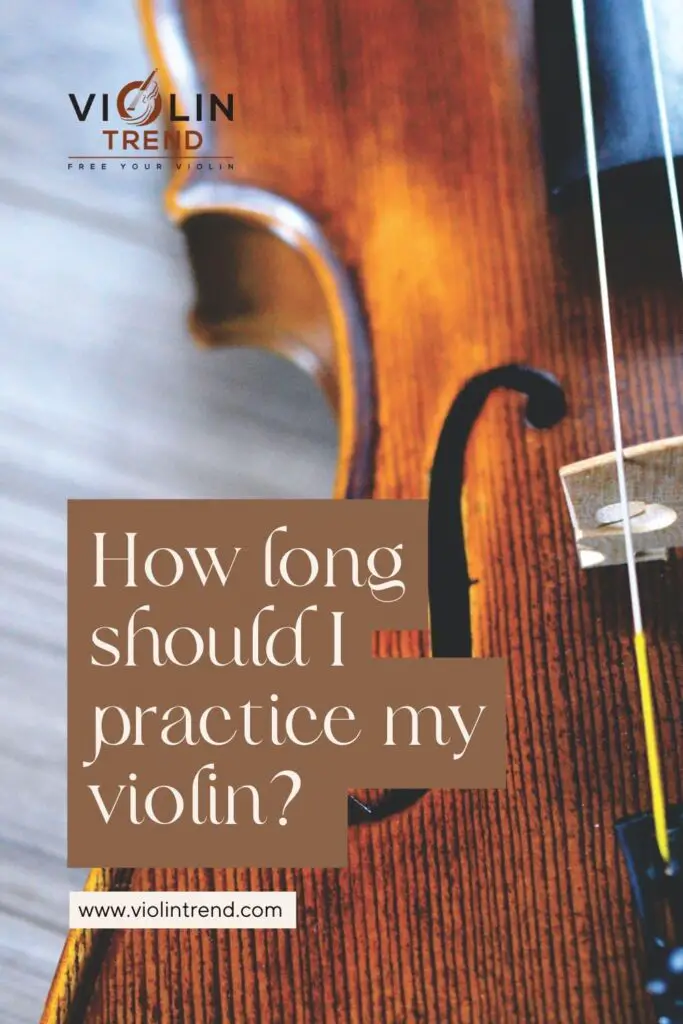
Conclusion: do not practice your violin too much, but keep your concentration
30 minutes is enough for beginners
They discover their instrument and have little material to work on. Twice 20 minutes is far better than an hour.
One hour and a half or two hours for students
This is the sweet spot in the long run. We have detailed a typical routine for you above.
3 to 5 hours for students in periods of exams
You have to push more and work more. But you still have that extra boost because you have managed your energy during the year (in the long run).
60 to 90 minutes for professionals or amateurs
How many hours do professional violinists practice? So generally, professional violinists practice 90 minutes daily to keep their technique fresh and their repertoire in memory. This is an average. You can add more time to learn new pieces or a new repertoire or to prepare for a special concert or competition.
To conclude, we only talk about time spent on the instrument by practicing. Writing music, transcribing music, finding fingerings, dynamics, and so on can and must be prepared without the instrument and don’t count on practice time.
Now that you know how long you should practice your violin every day don’t make any mistakes and take the most out of your time. Please read my post on how to practice your violin effectively.
